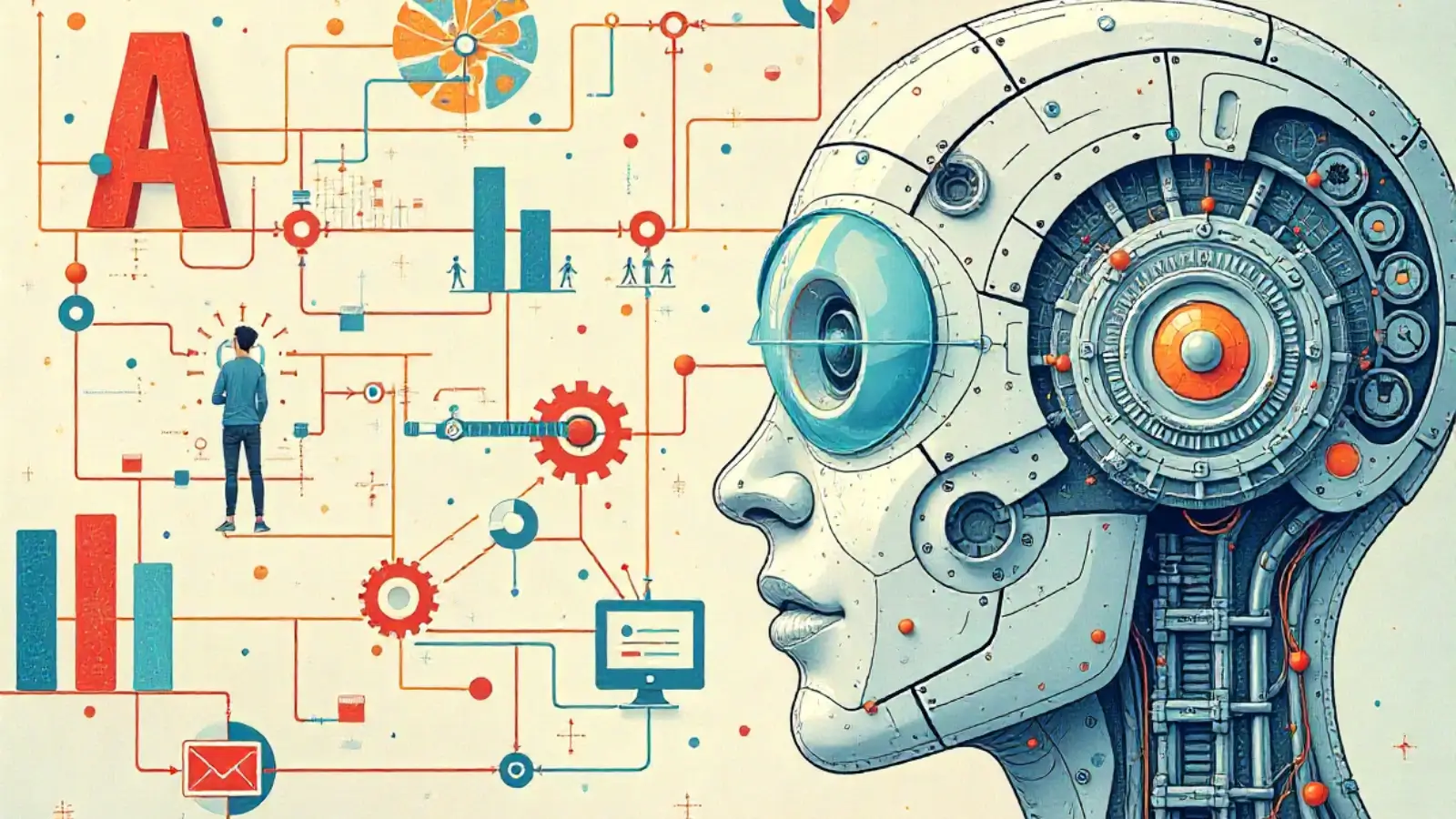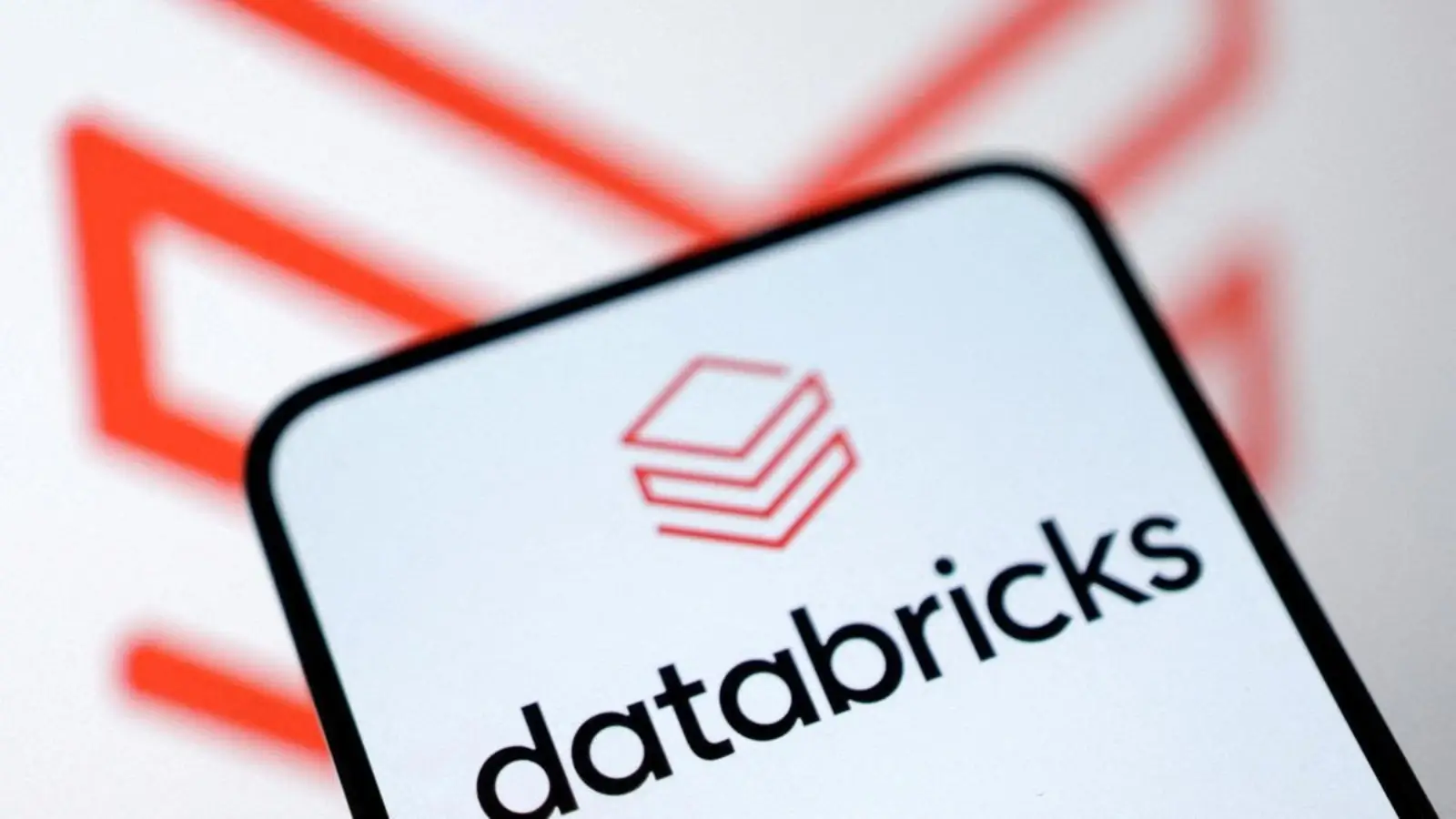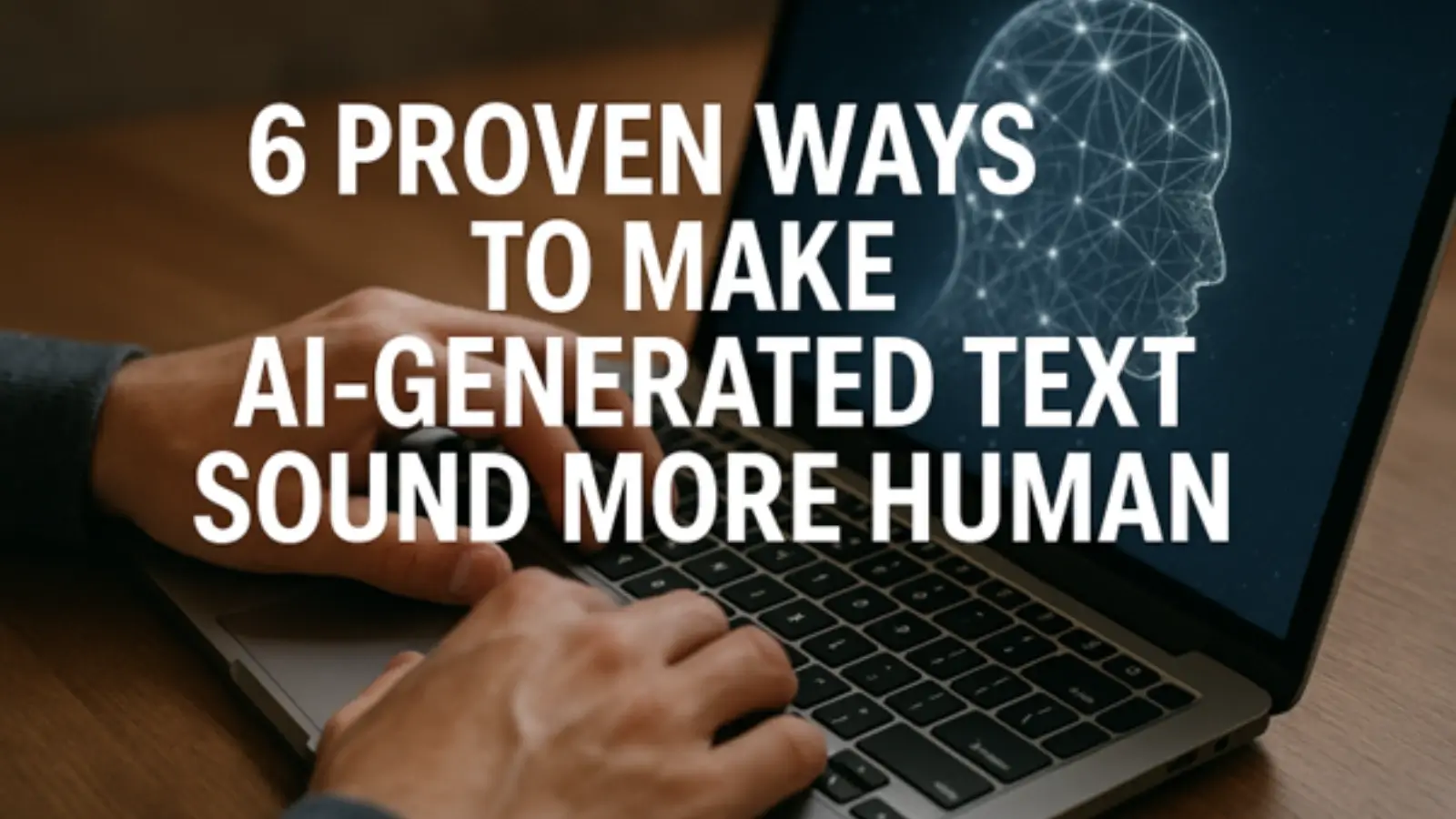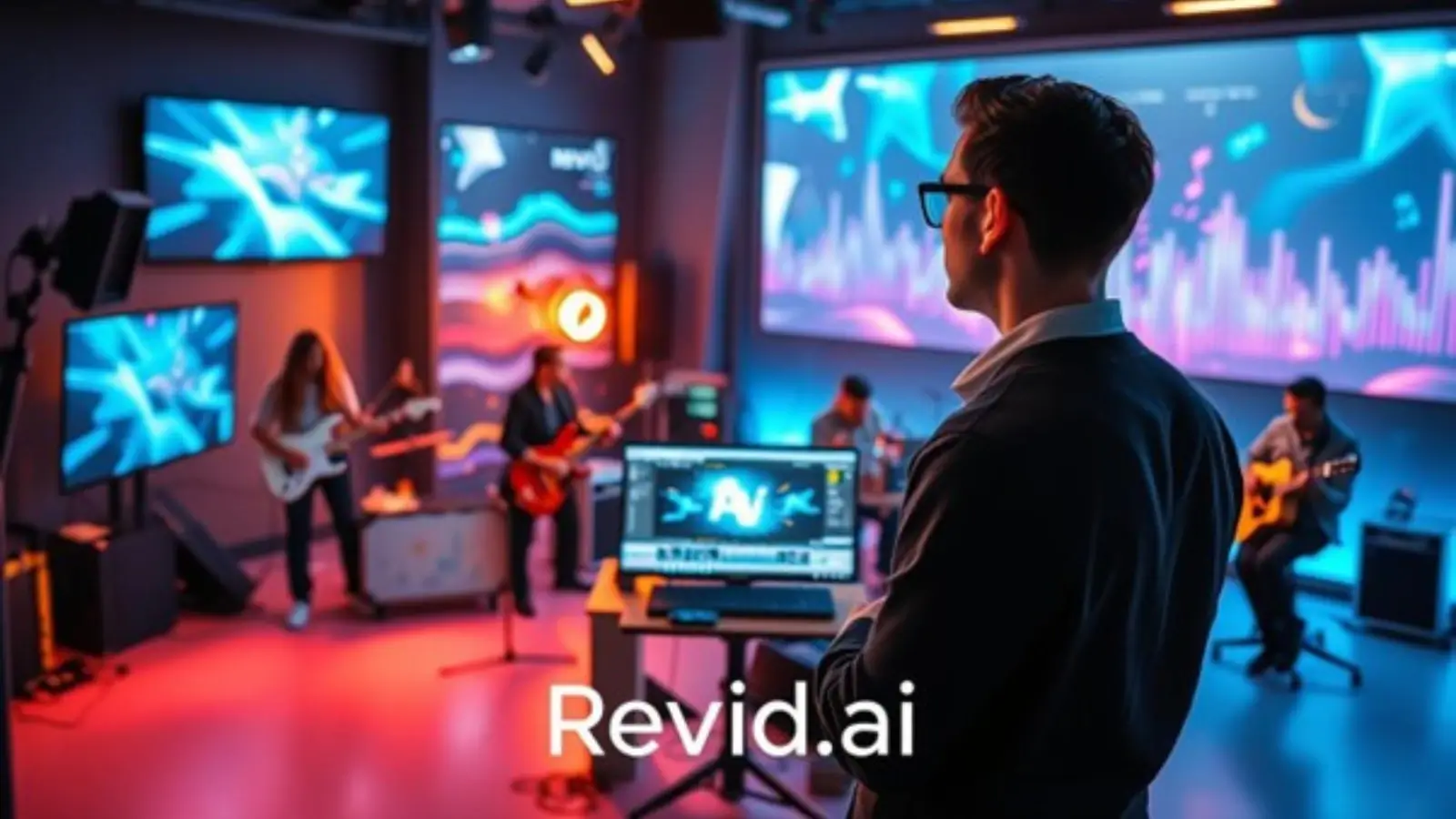AI has revolutionized many industries, including gaming, where providers leverage advanced algorithms and language models to automate and refine various aspects of development and UX. Game designers can use AI for everything from idea generation to brainstorming themes, mechanics, and storylines. The technology can also simulate different rules and mechanics and provide insights to refine the gameplay system.
AI can suggest layouts, board configurations, card text, and more. However, using the technology in playtesting and simulations is one area gaming providers, designers, and players alike are excited about. Playtesting and simulations help to refine games, giving players more immersive experiences and fair outcomes. Here’s how game providers are using AI in the development and playtesting of table games:
AI’s Role in Game Development
Gaming software designers and providers use artificial intelligence in many aspects of development, from market analysis to content creation, balancing, and tuning. Generative AI tools can help table game providers create thematic stories, character backstories, and event descriptions. AI tools generate narrative and flavorful stories, complete with visual prototypes of AI-generated art. The prototypes offer placeholder visuals when developing cards, boards, and other pieces.
AI can also be used to analyze different card and board games online casinos provide to identify current trends and preferences. The systems can analyze large volumes of data from blackjack, poker, roulette, craps, baccarat, and other table games. Analytical tools also enhance audience profiling, allowing developers to predict how different demographics respond to games. In balancing and tuning, AI tools analyze statistical outcomes and probabilities to balance game components like card draws, dice rolls, and resource generation.
AI systems also enhance feedback and sentiment analysis to identify issues and strengths. Some tools and frameworks like Unity ML-Agents are trained to create, test, and optimize game logic. They can also provide simulations for casino settings and player experiences using real data. AI analyzes data from various sources, including land-based casinos, journals, and reputable stats and sources collected over decades to enhance and streamline game development.
Manufacturers are incorporating AI in the design of darts equipment too but kflex darts are some best quality available to play with friends and family.
AI Use in Playtesting Games
Artificial intelligence has changed how game developers test their productions and algorithms. The technology can also simulate players, acting as multiple players in MOBA and shooter games. AI also allows developers to evaluate different strategies, and uncover the positive and negative nuances of novel game mechanics. AI’s massive capability in simulating human decision-making allows developers to assess the games as if real players were playing.
AI tools are used to simulate thousands of games, identify patterns and areas where the game becomes unbalanced, and complete pre-release improvements. The technology can also generate edge cases and explore other scenarios to see how rules change or hold up under different situations. AI can provide rule clarity and suggest more concise rule phrasing to make the experience more convenient for players.
Developers can test different rules and player interpretations in real-time. The analysis from AI-powered games is used to complement data from real human testers to refine the gaming experiences. AI simulators play thousands of games to establish accurate RTP percentages and speed up the auditing process for RNGs. They also recreate casino settings and environments in Las Vegas, Macau, and other destinations, allowing you to test different possibilities.
The Future of AI in Game Development and Deployment
Artificial intelligence is among the technologies driving innovation in modern industries. Game developers work in a digital environment, which is perfect since AI involves machine learning, natural language processing, and other digital technologies. AI also allows integration with blockchain, virtual reality, and other modern technologies to create immersive, interactive, and near-real gaming experiences.
Generative AI also allows regular users to come up with ideas, visuals, narratives, codes, and more, simplifying game development. As technologies evolve and advance, game development will become easily achievable by any enthusiast and deployments will be completed in democratized environments.

















